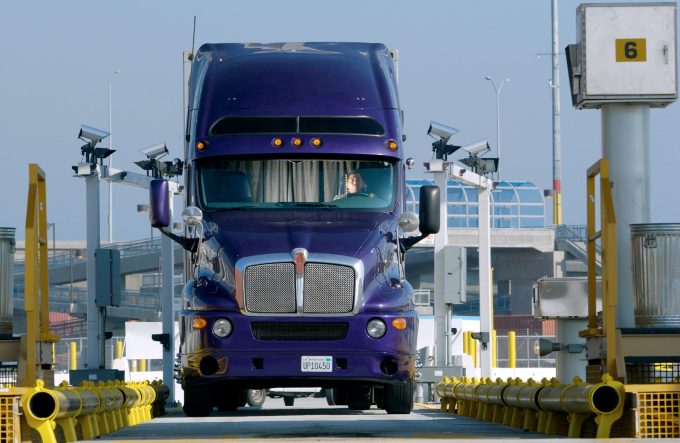APMT lease on NY/NJ Port Elizabeth terminal extended for 33 years
APM Terminals and the Port Authority of New York & New Jersey have extended the ...

US marine regulatory agency the Federal Maritime Commission (FMC) is to order container lines serving Los Angeles, Long Beach and New York, and box terminal operators in the same ports, to explain how they calculate detention and demurrage charges.
FMC commissioner Rebecca Dye, who has been leading the organisation’s ...
Predatory rivals circle as the ripples from DSV's Schenker buy widen
Latest Israeli attack on Iran a threat to box ships in Straits of Hormuz
DHL Express facilities in Canada forced to shut down by strike
Industry concerns rise after yet another box ship on fire off Indian coast
New Middle East conflict brings airspace closures, flight chaos and oil price worry
More legal trouble in India for MSC: feeder vessel detained after box ship disasters
Return of downward pressure on container spot freight rates
BYD launches logistics subsidiary – and eyes ports and shipping sectors


Comment on this article